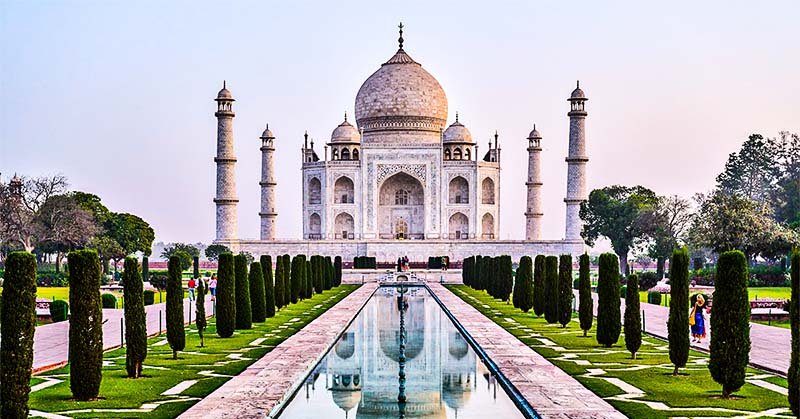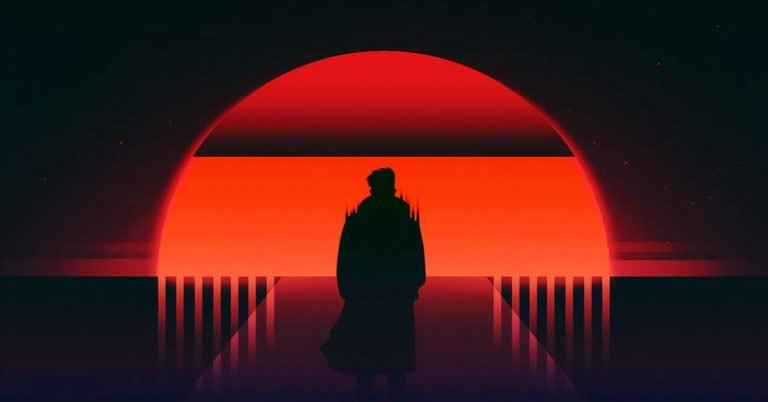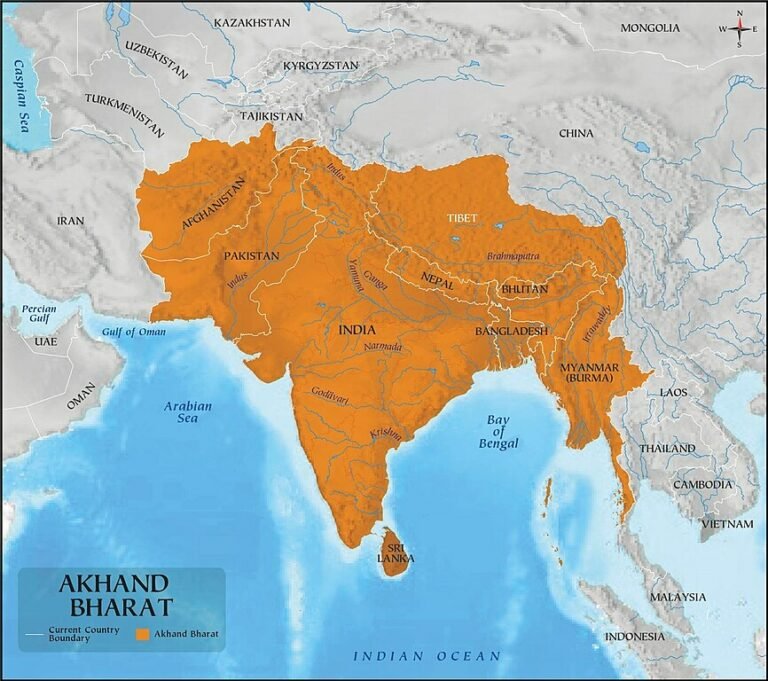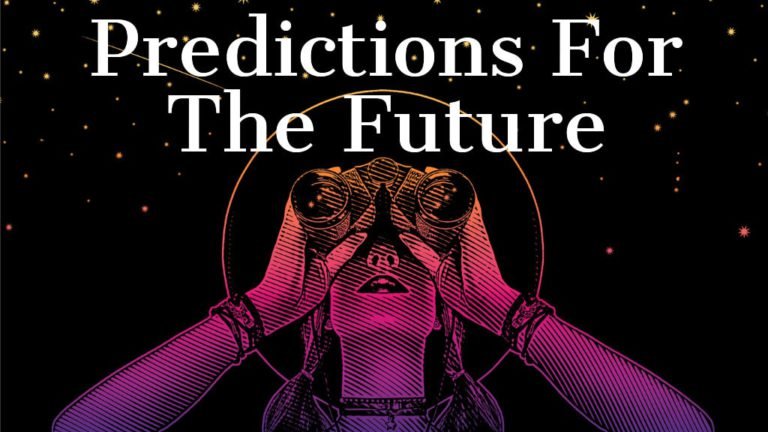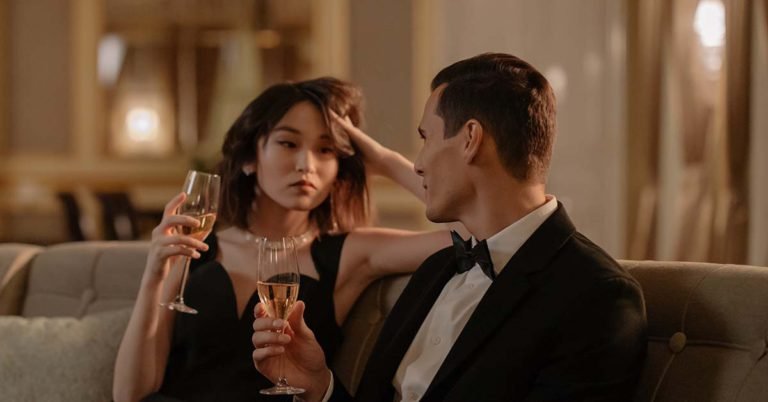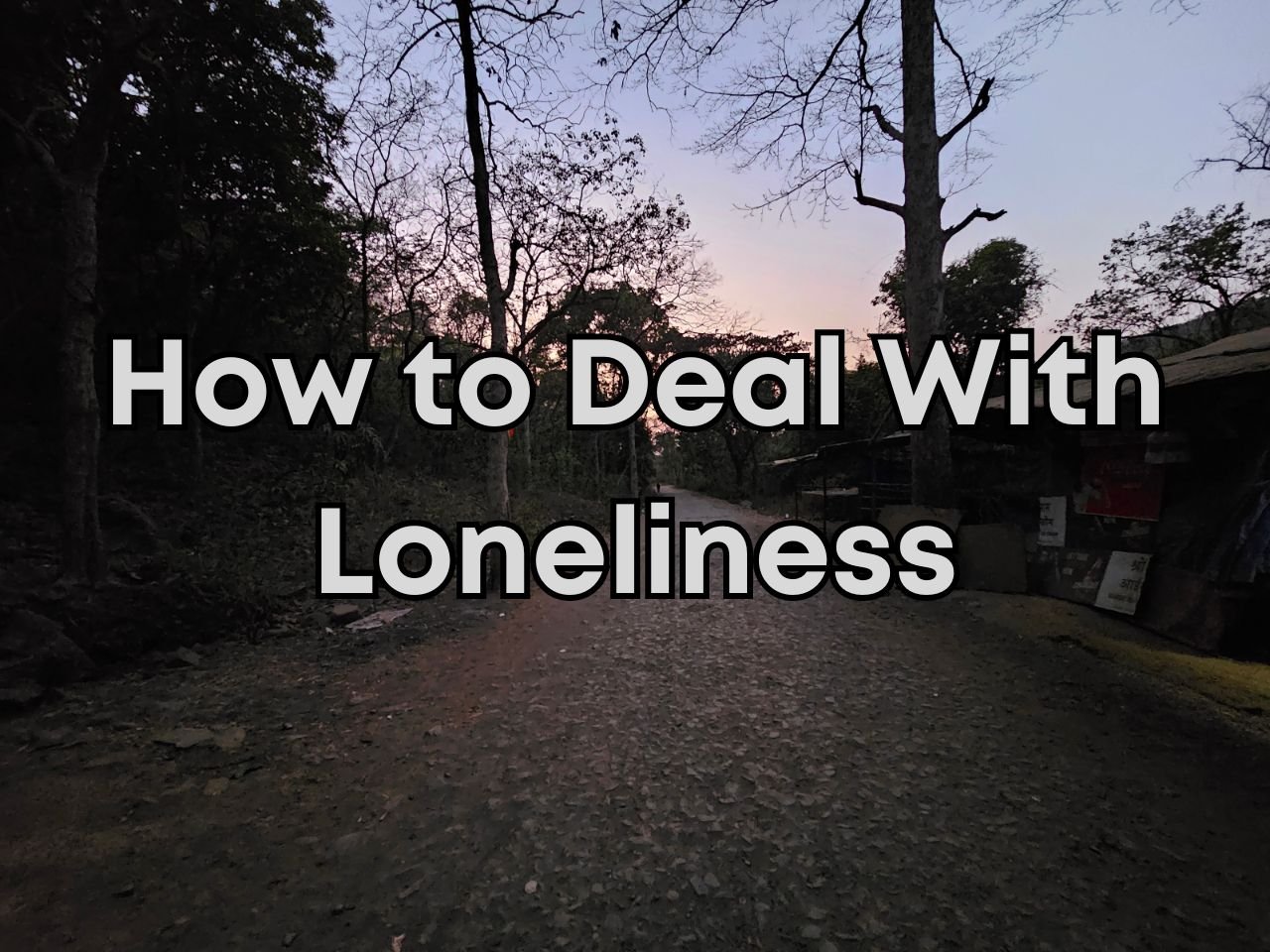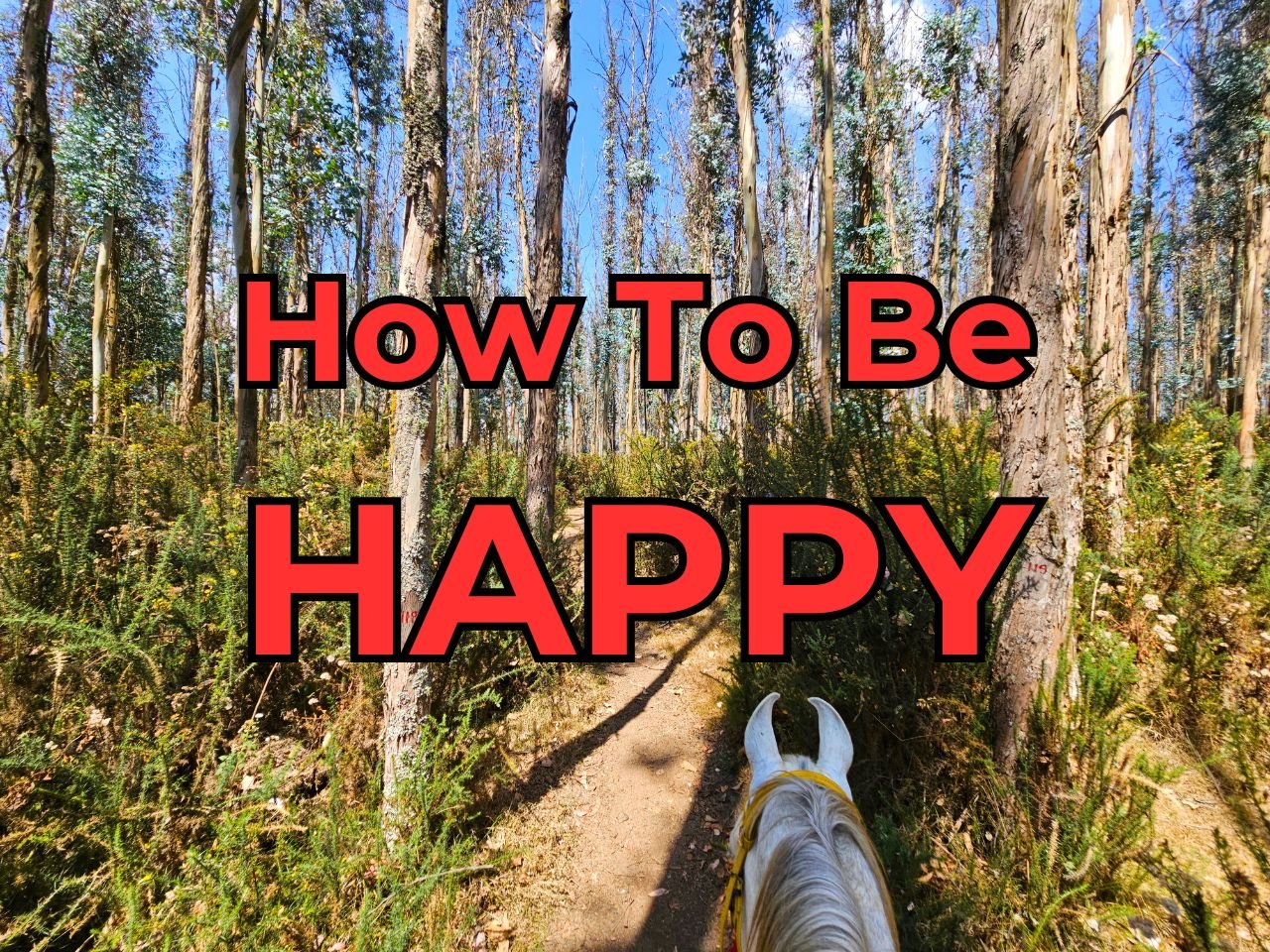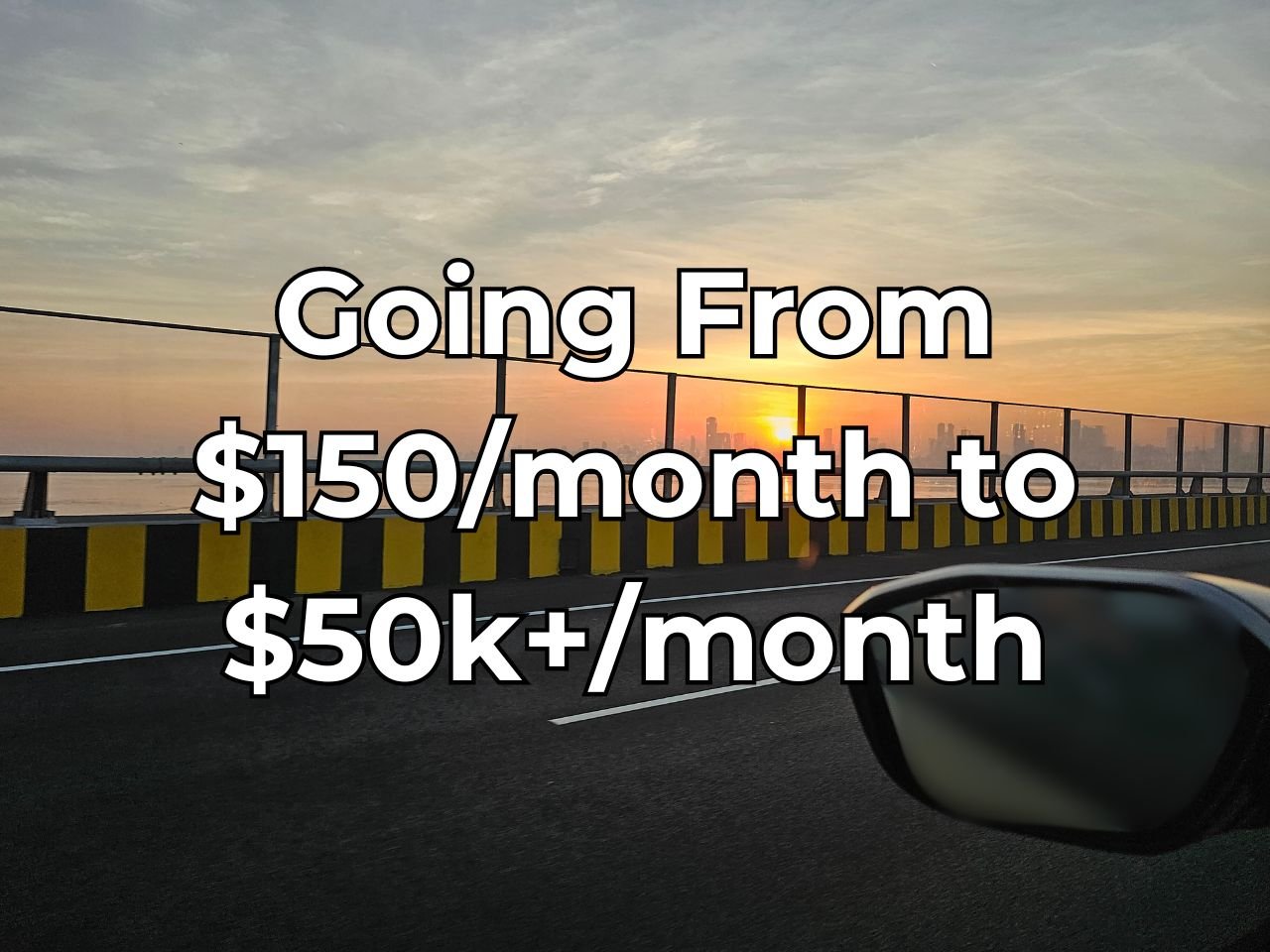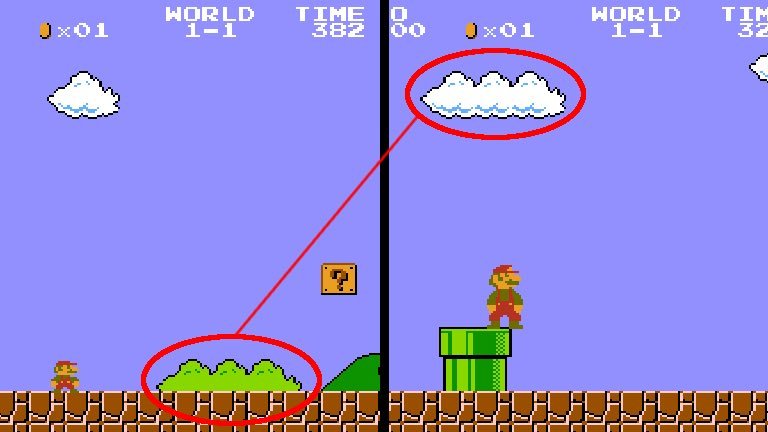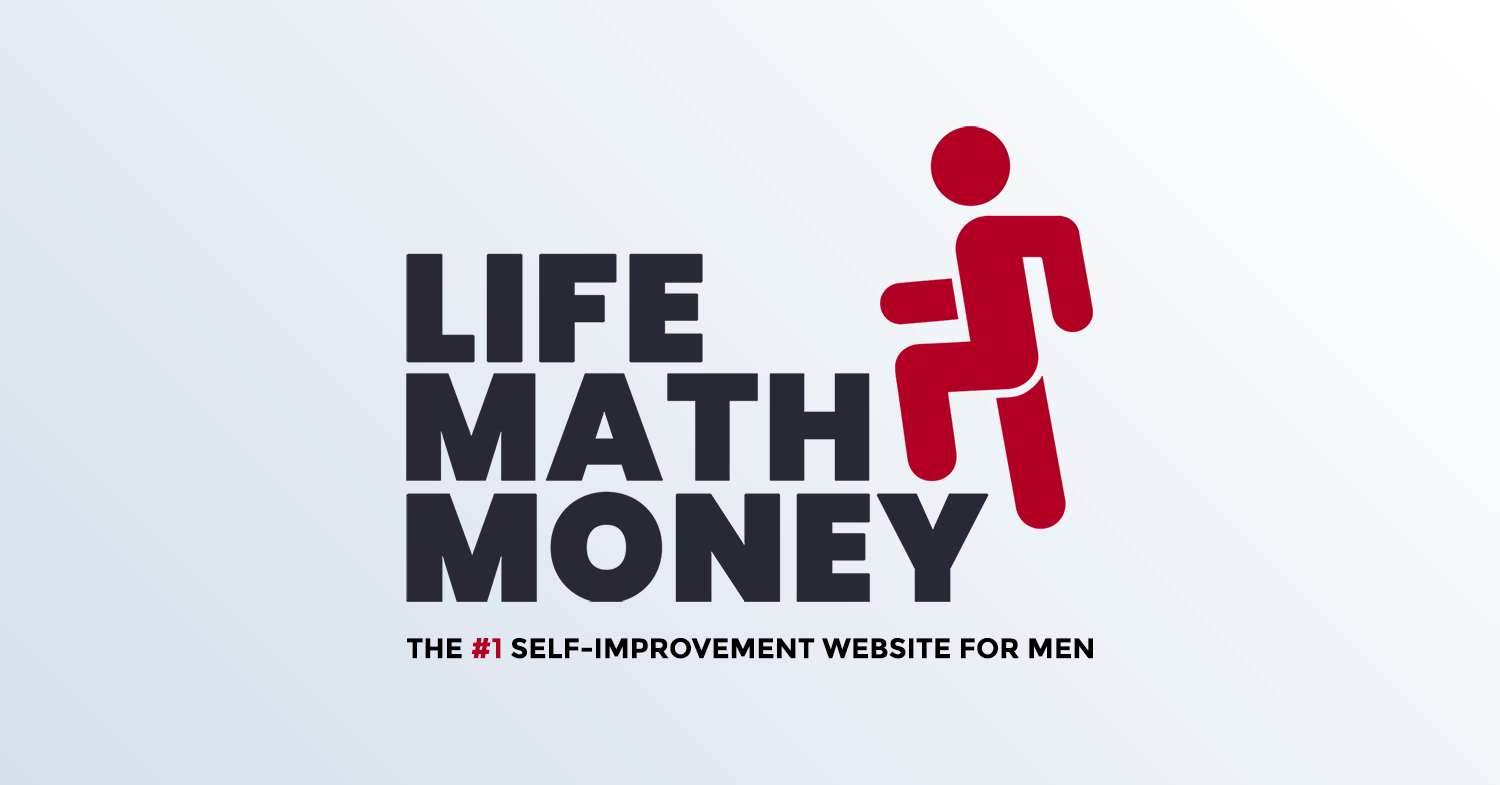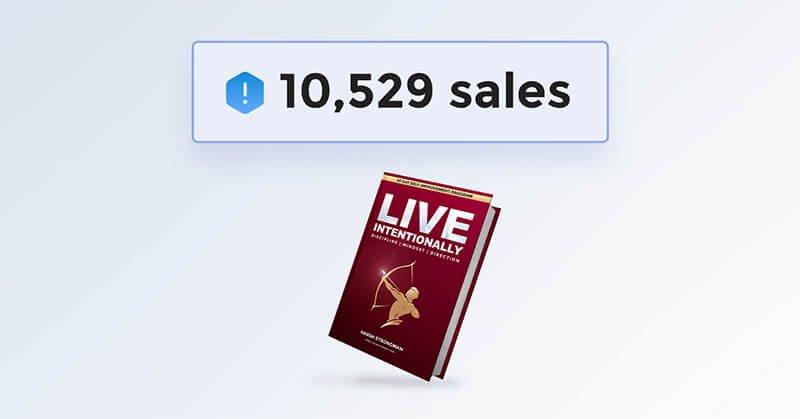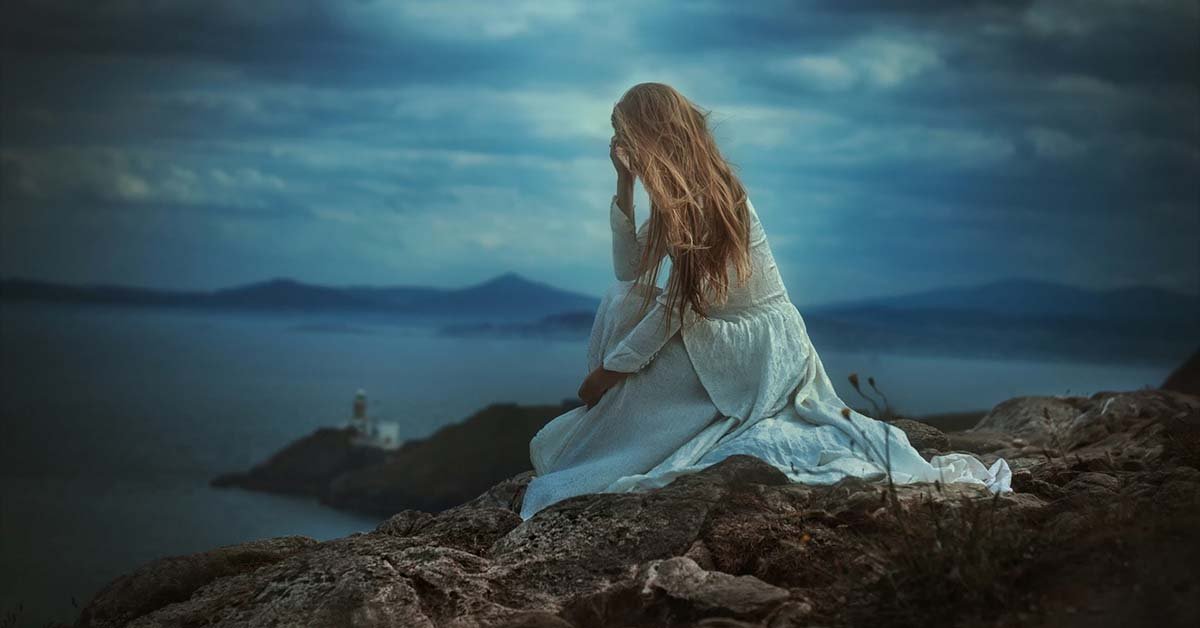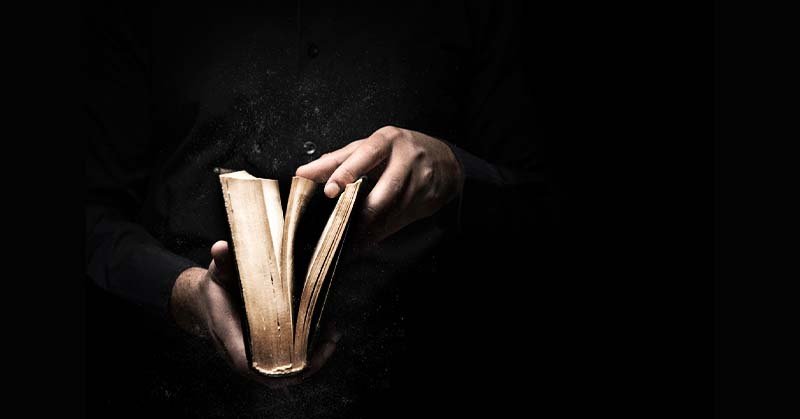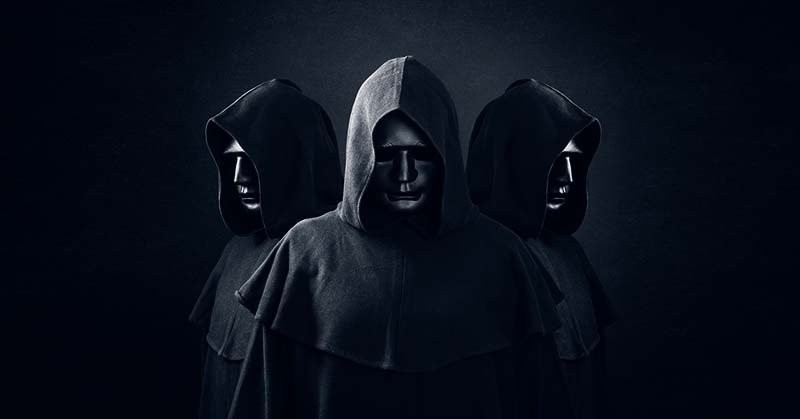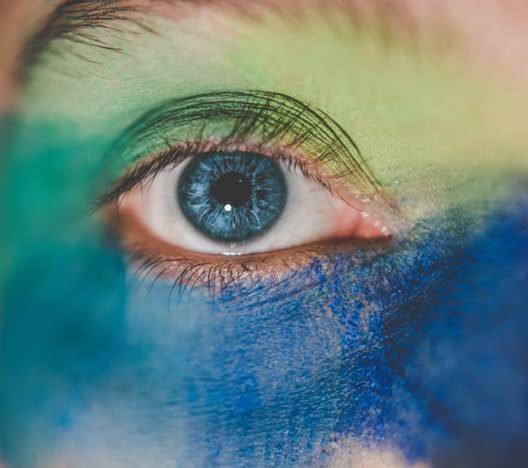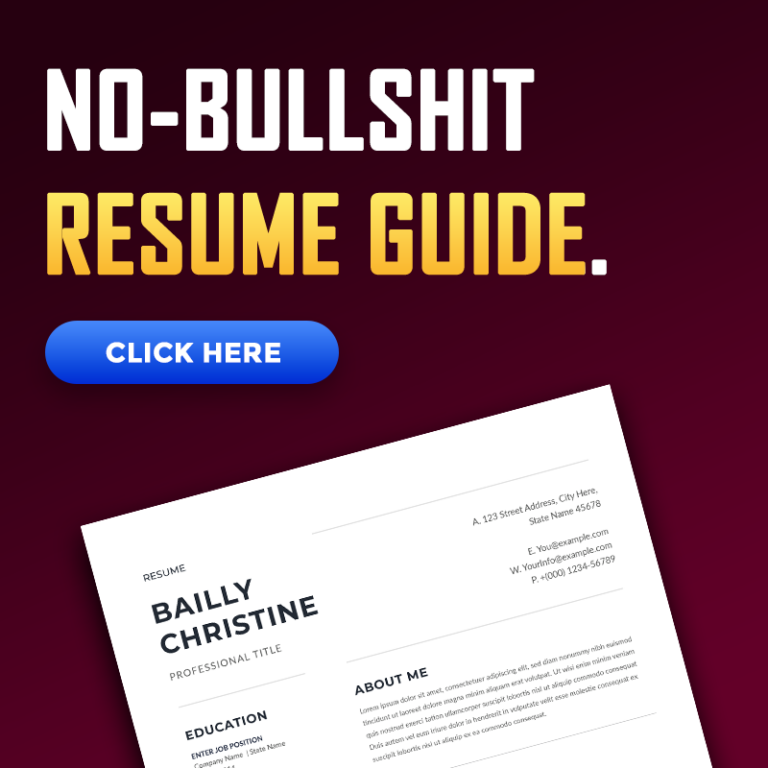Topic: How to Travel India
Guest: Anuradha Goyal
About the guest: Founder of IndiTales, India’s Oldest Travel Blog
Listen on YouTube
Timestamps
00:00:00 How to Travel India _Advice from Anuradha Goyal, founder of IndiTales _India’s Oldest Travel Blog_
00:00:05 Guest Anuradha Goyal
00:00:27 Podcast focus traveling India
00:01:29 How Anuradha’s started blogging
00:04:22 Anuradha’s early career
00:05:30 Anuradha’s blogging as sacred space
00:06:50 Know why you want to blog
00:09:08 Starting your blogging journey
00:10:49 Anuradha’s first solo trip at age 6
00:13:48 Travel your own city
00:15:24 Curiosity decides your travel experience
00:17:57 Spiritual destinations
00:19:08 Luxury travel
00:20:01 The Deccan Odyssey Luxury Train
00:20:43 Wellness and culture tourism
00:21:29 Tiger reserves
00:22:19 Single-horned rhinos
00:22:47 Artisan villages
00:23:06 Artisan village Kuchipudi, classical dance
00:23:46 Ektaal artisan village, brass work
00:24:28 Amroha artisan village, dohlaks and tablas
00:25:18 Firozabad artisan village, glass bangles
00:26:03 Indian silk
00:27:28 Staying in Rajasthan
00:29:07 The Indian Himalayas
00:31:11 Southern India
00:32:06 Language is not a barrier traveling Indian
00:34:22 The India is unsafe for women myth
00:36:20 Be a culturally responsible and sensitive traveler
00:43:55 The integrity of media content
00:47:19 India on a budget
00:48:21 India is for every budget and traveler
00:50:11 Research and plan your trip
00:50:03 Leave space in the plan for the magic of travel
00:55:11 Learning every day
00:55:29 Travel as educator
00:56:40 Have a goal bigger than yourself
01:01:05 Lotus in the Stone
Full Transcript
Harsh Strongman: Welcome everyone. Today we have a guest on our show. We have with us Anuradha Goyal who is the author of IndiTales, one of India’s oldest travel blogs. I met her on Twitter and I read her book Lotus in the Stone and I’ve had some very interesting conversations with her. She’s very well-traveled across India and she has a lot of knowledge on Indian scriptures.
In this podcast we’re going to discuss how to travel India for both Indians and for foreigners, what the best places are, how much it costs, and what things you should keep in mind. And just a quick note before we begin. Throughout the podcast I’m going to address Anuradha by her first name even though she is much older than I am. This is simply for the comfort of an international audience. So let’s begin. Welcome Anuradha, how are you doing today?
Anuradha Goyal: Namaste Harsh. I’m very good and I hope you’re having a great time.
Harsh Strongman: I’m doing quite well, I’m doing quite well. I’ve been looking at your Twitter account and your blog and it is quite impressive. I actually like the content very much. I do think that everyone listening to us today is going to find your content super interesting. So why don’t you start with telling us a bit about what you’ve been doing and your journey.
Anuradha Goyal: Thank you for those kind words. Well, my journey is a journey of what I call a series of experiments. So I studied computer science, physics, worked in the IT industry for a long time. And I grew up in India in various places because my father worked in defense. Worked in the IT industry and while I was working there I started to experiment with blogging. Blogging was just a new tool and I was just experimenting with it. Writing random things like what I did on the weekend, by reviewing books that I read, not even reviewing – writing my reflections on the books I was reading, and writing about all the travels I was doing. Primarily doing weekends postings, but otherwise as well. Over a period of time it got developed into two very, very strong blogs; which is IndiTales which is the travel blog, and my personal website where I have the book reviews and my newspaper columns and all the other things that I feel like writing about where I have some thoughts to share with the world.
It was all organic. I started at a time when people did not know what blogging is, people did not know what the future of the blogging would be. That would come probably 5/6/7/8 years after I started. I started in 2004 and the commercialization of blogs started sometime in 2012/13, 11/12/13, around that time. And in the beginning it was not really the monetization that we monetize today. The monetization models evolved over a period of time. So it has been a series of experiments, a bit of following your heart, a bit of doing what you want to do and seeing the impact of that on the world. So I would say in overall today I’m in an enviable position, a lot of people would like to be in my shoes where all you do is read, write and travel, or travel and then read and then write, or whichever sequence you put it in. A circle or a triangle of reading, writing, and traveling.
Harsh Strongman: That’s actually a very creative and envious position to be in. I do agree with you there. It’s super interesting that you started in 2004; 2004 was really the early era of the internet. And for people who don’t remember this was before Facebook, social media, and things of that sort. So how did you persevere so many years, especially at a time where you were not making money writing? Was it truly a passion or were you forward thinking that this is going to be a big business in the future?
Anuradha Goyal: Okay, so let me tell you I was doing very well in my IT career which I had started working in around the time I was 22/23 after my college placement. When I had joined that industry in my head I had decided that I will quit when I’m 35 and after that I’ll do whatever I feel like doing, and I must build my financial base by the time I’m 35. That is exactly what I did. I built my basic base. I’m not saying I have created an empire or anything, but by the time I was 35 I had my house, I had my car, I had my basic investments in place to take care of my basic needs for the rest of my life. And it has nothing to do with blogging. Blogging was happening on the side, more as a hobby, more as a fun thing, like I said. A lot of the commercialization part would come later. And now what helped me persevere is the fact that, this is something that I enjoy doing, this is something which is my sacred space. My blog is my sacred space. It’s a sacred space that I have created and it has given me a lot in my life. I may not have monetized it like a lot of super bloggers like you and a lot of other bloggers, but it has given me something much more than what money can buy; given me a lot of influence, it has given me a lot of credibility, it has given me a network, it has given me the kind of respect and love that no money can ever buy.
Harsh Strongman: Of course. I think the fact that you can reach so many people and teach them and speak with them is in itself a very big thing.
Anuradha Goyal: Yes.
Harsh Strongman: And especially for someone like you who is truly passionate about it and not just in it for the money. Like nowadays people will start writing, they don’t care about writing, they just want to make money. So there’s a difference there.
Anuradha Goyal: Yes.
Harsh Strongman: There’s a quality difference there that those guys can’t match.
Anuradha Goyal: Yes. In fact, when I conduct some workshops on blogging, I always say that be very clear. Are you in it for money? Or are you in it for passion? Because you can’t do both, you can’t balance the books. If you are in it for money then you will have to do everything that gets you money, which may not really be what you are passionate about. I would say my balance is definitely tilted towards passion and that gives me the freedom to say no to a lot of money. But I would also admit that I’m in a position where I can say no to that money, or I have reached that state of life where I can say no to that money. For example, I’ll give you an example. I am in the travel space, we have a reasonable influence in the travel space. Most of the money in travel space comes from places like casinos and we refuse to give them space on our sacred space. So that’s that means I have to let go of a lot of money. I am a-
Harsh Strongman: What do you mean it comes from casinos?
Anuradha Goyal: Oh, they give you sponsored content, advertisements.
Harsh Strongman: Oh okay.
Anuradha Goyal: Because they are making, even during the pandemic, they are the big money spinners in this business. There are others as well. I think we work with almost all kinds of tourism boards, hospitality brands. And anybody who’s to do anything with travel, we’ve worked with them. So those are the brands we agree with so we work with them. So for example, I’m a vegetarian. I’m a vegetarian by birth and by choice. So I would not promote a non-vegetarian brand. Because my audience knows very clearly, they trust me, I will never do a [Inaudible: 00:08:46] or I will never do anything which will kill that trust. But to be able to take those calls, your passion has to be very, very strong. Or that absolute clarity has to be there, which also takes time you know. When you are in the beginning of your career or beginning of your blogging journey, most of the bloggers take time to figure out what their niche is. Most people don’t know what their niche is and what they stand for. And if you don’t stand for anything you’ll never be able to make a standing for yourself, then you will keep going with the waves, and believe me I have seen a lot of waves coming and going in blogging. There are people who have gone up with the wave and they’ve come down with the wave because they were just following the wave. But I have chosen to stay at a stable state where I don’t really go up and down, I don’t play the SEO games, I don’t play a lot of trend games. But I choose to write about things and places which I think truly deserve the attention that they are not getting.
Harsh Strongman: I see. So you’re in it for the long run. And that is of course from 2004.
Anuradha Goyal: Absolutely. I have been there. IndiTales is probably the oldest living travel blog in India.
Harsh Strongman: So 17 years; 18 now it’s 2022.
Anuradha Goyal: Yes, September it’ll be 18.
Harsh Strongman: September it’ll be 18, it can start drinking.
Anuradha Goyal: Yes.
Harsh Strongman: So how did you get into traveling? How long have you been traveling for? And can you tell us a bit about your early trips? Because I was actually reading your book Lotus in the Stone and you talk about one of your first journeys and it was when you were a kid and you were traveling to a village.
Anuradha Goyal: So my first solo trip so to say was probably when I was six or seven. I grew up with my grandmother, so she sent me from the town we were living to another town, which was maybe 30/40 kilometers apart, but you had to take a bus, go there and meet my grandmother’s sister and do whatever job it was to be done and come back. And I did that. And my grandmother is my biggest inspiration for traveling as well as for life. I still remember I was scared on that journey. When I told her that I’m scared, in Punjabi she said, [Hindi Language:00:11:35] you know, which means you have a tongue in your mouth, if you are stuck ask people. And that’s my motto. It’s okay if I don’t know, I can’t know everything. If I don’t know something I will go to the person who knows, and ask and know it for the rest of my life. So that was indeed the first journey. But like I said, I grew up in different army [Inaudible:00:11:59]. And I must say that I probably received it in my genes. But inherently I also believe everybody likes to travel. Most people like to travel, some people are lazier and they don’t travel, but most people like to travel. And I got a lot of opportunities to travel during my growing up years. I think I traveled a lot during my student days, during my early career. All through my working career of 12/13 years in the corporate world I took every opportunity to travel wherever I could. I remember I was in the UK for six/seven months and the first thing I did when I landed there was to buy the Lonely Planet. And every weekend or every Friday evening I’d be out to a new place, exploring the new place and coming back.
Harsh Strongman: I learned this last year how to travel. I think people complicate it too much where they think it’s going to be a big deal to travel. But really it’s as simple as buying a ticket and going.
Anuradha Goyal: Yes it is. Sometimes you don’t even need a ticket. In fact, all through the pandemic time people have been calling me and saying you must be traumatized. You must be, it must be very difficult for you because you used to travel so much. I said no, I’m perfectly fine. Because I know if I want to travel I can just take a walk around at my own city and find 10 new things during every walk. In fact, one of the biggest feedbacks that I get from my blog is that I have been born and brought up in this city but I never knew this about my city till I read about it on IndiTales. So there is a lot that is around us. It is not necessary to buy a ticket and go to an entirely new place. If you live in a big enough city, if you live in a Delhi or a Bombay or a Bangalore or a New York or a London, you can spend a lifetime exploring those places. If you live in South Delhi, Old Delhi is another world. The same goes for many areas of any big city anywhere in the world. If you live in a small city you can just take a bus to the next town and there’s so much to explore around you. And if you live in places which have been inhabited for a very long time they have layers and layers and layers of stories to unravel.
Harsh Strongman: So it’s as simple as just going out there, talking to people, and exploring new places.
Anuradha Goyal: Taking a walk.
Harsh Strongman: And taking a walk and the bus. So what are the most interesting places you visited that maybe changed your perspective and was different from what you expected?
Anuradha Goyal: So two things. One, the question I refuse to answer is tell us your top three places to visit or five places to visit, because anybody who’s visited five places can tell you five places to visit. Somebody who’s visited five hundred or five thousand places will never be able to tell those five places. One.
Harsh Strongman: So the librarian’s dilemma. Which is your favorite book?
Anuradha Goyal: It’s not dilemma. It’s that the beauty lies in your own eyes, or in your own curiosity in this case. The curiosity with which you go to a place is what decides your experience. It’s like you can go to the most wise person on earth but if your questions are silly you will get silly answers, if your questions are profound you’ll get profound answers. So the same is with destinations.
Harsh Strongman: This is like the Hitchhiker’s Guide to the Galaxy, where they ask them the meaning of the universe and the machine says 42.
Anuradha Goyal: Yes.
Harsh Strongman: And then they try asking the question.
Anuradha Goyal: Yes, yes. So it all depends on what you ask for, the questions. That’s why when you look at Indian scriptures, when you read them they are always, the discussion or the conversation, driven by the person who’s asking the question. That’s why an interview is driven by the person who’s asking the question. The kind of question you ask is the kind of answer you will get.
Harsh Strongman: All right, let me frame the question differently than. If you had to travel India, let’s say that you are someone from abroad, let’s say that you’re an American and you can speak English and you had say two weeks and you had to visit some places in India, what would your recommendations be?
Anuradha Goyal: Okay. So again, I always say-
Harsh Strongman: And by the way, I’m going to repeat this question for one month and three months, so just for-
Anuradha Goyal: Okay, sure.
Harsh Strongman: If you want to process the answer before.
Anuradha Goyal: No, no, so don’t worry about that, my answer is pretty universal. It depends on where you are coming from. For example, right now I live in a place which is right next to the coast, the beach is 300 meters from my home. So for me any beachy destination is like oh okay, big deal. Right?
Harsh Strongman: Right.
Anuradha Goyal: But I know when people come from Delhi they look at the sea and they go crazy. And it’s understandable, perfectly understandable. So what you are looking for, what is right for you, depends on where you are and what you are seeking again. If you live in a landlocked place, then going to sea is going to be a different experience for you. If you live in hills, going to sea is going to be a different experience and vice versa. So first of all that. But having said that, there are a few things. I have a blog post on 12 Must-Have Experiences in India, which are very, very uniquely Indian.
Harsh Strongman: I will link it in the description, but go ahead.
Anuradha Goyal: Yes. So one of the experiences that India is very, very well known for, for which we have been attracting pilgrims since ages and every traveler worth their salt has visited, is our spiritual destinations. And in that I think Varanasi tops the list because it has been attracting people and it has so much to offer to any kind of traveler. So that should be one. Or any of the ancient pilgrimage places you can visit. You can visit Haridwar, Rishikesh. You can visit Kanchipuram in the South, Ujjain in central India or Kamakhya in the east. So any of these I would say, because the kind of experience these places offer is pretty unique. You may not find that kind of experience outside of these centers. Anyway, India gets a lot of spiritual tourists who come in the hope of getting enlightened. A lot of them choose to settle here or follow their guru parampara here. So that’s one.
Second you can also experience the true-blue luxurious hospitality of India in places like Rajasthan. Rajasthan is one state which has maintained its heritage palaces and forts and they still give you that experience. We cannot be kings and queens in our times and in our lives, but for a small amount of money you get to experience that luxury. And believe me, I have traveled in a lots of places outside India, and when it comes to luxury quotient we are probably at the top. It’s just that our branding is not there. We are not seen as a luxury destination.
Harsh Strongman: As a luxury destination.
Anuradha Goyal: But the kind of luxury quotient that we offer. I was on this luxury train called Deccan Odyssey and there are five such luxury trains in India. Very costly, very expensive, very exclusive; but you will feel like a queen. I mean, I felt like a queen. Red carpet was laid out on the station, I had a personal butler to attend to everything. It was absolute luxury to dine on the train, to have everything, performances on the train, and going destination to destination. So there are a lot of these things that I recommend people should do. Then of course wellness. Wellness tourism is really upcoming. Most of the West Coast in India offers it. Those are good, but I would also say places like Orissa which have a beautiful mélange of culture, be it in terms of handicrafts, handlooms, culture, performing arts. If somebody can attend a dance festival, we have them around this time of the year December/January. A lot of dance festivals happen in a lot of heritage spaces. You can see them. Then of course we have about 40-odd World Heritage Sites, see them. Go and see tigers in central India, the jungles of Bandhavgarh, Kanha, Pench, these are the places where you can see tigers up close and personal. You can see them. I have seen tigers in Pench.
Harsh Strongman: Is that safe?
Anuradha Goyal: Yes, yes. You go with the jungle guards, you go with all precautions. I mean I’ve seen them. You can see my videos of Collarwali. She just passed away two days back. She was the queen of Pench National Park. She gave birth to 29 cubs and I have seen her walking with her two/three cubs and those videos are there on IndiTales Channel.
Harsh Strongman: I will find it and put it in the description as well.
Anuradha Goyal: Yes. And these are the things that you’ll see only here. I mean wildlife, you want to see single-horned rhinos then go to the jungles of Assam, in Kaziranga, you will see single-horned rhinos. Actually you find them all along from Assam to Jaldapara in West Bengal to [Inaudible:00:22:34] region which borders Nepal. But the easiest to see is in Jaldapara in North Bengal or Kaziranga in Assam. These are some of the experiences. I mean there’s so many of them. I would say go and visit one of the art villages. We have these artisan villages around the country, again zero focus on them, but we have a whole section where we’ve covered a lot of those artisan villages. For example-
Harsh Strongman: What is an artisan village?
Anuradha Goyal: I am coming to that. So for example, in Andhra Pradesh there is a village called Kuchipudi. Now you probably know that Kuchipudi is one of the seven classical dances of India, which comes from Andhra Pradesh. But do you know Kuchipudi is actually the name of the village from which the dance comes and everybody in that village is engaged in something to do with the dance? So either they are dancers or they are teachers or they are costume makers or they are jewelry makers or they are musicians. And they make everything themselves. Their instruments, everything. Everybody in that village is involved with the Kuchipudi dance. Similarly, in Chhattisgarh I’ve been to a village called Ektaal where everybody makes these brass motifs. Everybody in that village makes these beautiful brass motifs, national award-winning people living in that village, the whole village does that. And such villages are found across India and I have a lot of them covered on IndiTales.
Harsh Strongman: That is very interesting. I would love to know how these guys sustain themselves.
Anuradha Goyal: Oh they are doing it.
Harsh Strongman: Because I have never heard of any of these people.
Anuradha Goyal: Yes that’s the problem and that’s why I choose to highlight them. So for example, let me tell you there is this village called Amroha in UP, western UP. That whole village is engaged in making, it’s actually a town now, these percussion instruments, dohlaks and tablas. And anywhere you go, if you see a dohlak or tabla it’s probably come from Amroha, the whole village. Now you will think how they are sustaining themselves, but what you don’t realize is that from that cluster they are running that global business. They are supplying everywhere in the world. They have a beautiful supply chain. They are simple people, everybody’s working from their homes, they are creating things, and they are supplying to the world, not just India. They have an absolute sustainable business.
Harsh Strongman: Interesting.
Anuradha Goyal: I have covered many such villages around India. So for example, I did a story on Firozabad, which is the biggest bangle maker in India. The whole city is engaged in making glass bangles. So if you see any woman in the country wearing glass bangles, it’s probably come from there.
Harsh Strongman: That is very interesting. I had never heard of this before.
Anuradha Goyal: Yes. And this is what I call industrial tourism as well.
Harsh Strongman: I think in this case your blog is like one of the best places, someone who wants to learn more about and visit India, he can find more offbeat places to visit which will not have big crowds and would be interesting to see Indian culture and more.
Anuradha Goyal: Yes, yes. For example, we’ve collaborated recently with the Central Silk Board and Silk Mark of India and we’ve done a few stories on silk. I visited the silk clusters and we wrote stories about how silk saris are woven and how the whole industry is. And believe me, when I wrote about Banarasi saris there are so many people writing to me saying that we know there is a Banarasi sari, we didn’t know there are these 20/30 different types of saris. Now we know and now we’ll be more careful in picking up saris. Or how the sari is made. Sari is real gold and real silver and how that is woven into a piece of cloth and finding the historical references to that. If you trying to create an impact, which is both knowledge and which enriches the lives of our readers.
Harsh Strongman: Anuradha, let me make this question a bit broader now. Let’s say that someone comes to India with an e-Visa, which is like a free visa, they can just apply for it on the Internet and then fly to India and they will have a visa and this is free. And let’s say that they plan to stay in India for three months. Where would you start? You mentioned Rajasthan is a great place for luxury stuff. So let’s say that they land in Jaipur.
Anuradha Goyal: I would say spend your one month in Rajasthan. Rajasthan has many, many things to offer. It has a beautiful bird century, it has the forts and palaces, it has beautiful water management systems which you can study, it has great food. If you want you can extend it to either Gujarat on the southern side or a little bit towards Madhya Pradesh where you can cover things like Gwalior and Khajuraho and see a bit of that culture as well. So one month is just good enough to cover these places. I would not, what I do not recommend to people, is that you keep flying from one corner of the country to another just to tick off those top 10 things. Stick to a radius of maybe 500 kilometers or maybe 300 kilometers from wherever you want to base yourself. Again, it’s a function of time. For example, I would not recommend Rajasthan if you’re coming in summers. You can’t go to jungles if it is monsoons. So those kinds of things you have to factor in.
Harsh Strongman: I see. So in the summers you would not recommend Rajasthan.
Anuradha Goyal: It’s very hot.
Harsh Strongman: A place like Kashmir? Jammu and Kashmir should be better?
Anuradha Goyal: Jammu and Kashmir is popular in the sense it’s well known, but it’s also not very stable. What we forget is that Indian Himalayas in India stretch from Ladakh to Arunachal Pradesh. And I would suggest go to places like Sikkim, which is one of the most beautiful states in India. It’s small but beautiful, hundred percent organic state, very, very beautiful. A small state but very beautiful state. Arunachal Pradesh, you can get all that. You can go to the Lahaul Spiti area of Himachal. You can go to [Inaudible:00:29:41] of course. And all that the Himalayas stretch across the breadth of North India. They’re not just in Kashmir.
Harsh Strongman: Correct.
Anuradha Goyal: And within Jammu and Kashmir also, Jammu has lots of things to offer. Which we tend to kind of somehow, you know the Hindi films have put so much focus on Srinagar, which is beautiful, no doubt it’s beautiful but it’s just one small valley. Ladakh is very, very beautiful and very, very unique. It’s one of the few cold deserts in the world, so explore those areas as well.
Harsh Strongman: I see. What about South India. Let’s say that someone if they’re in for three months, let’s say they spend one month exploring Rajasthan, Madhya Pradesh, Gujarat, like you mentioned. Then they fly up north and they check out Sikkim, they check out Himachal Pradesh, and the locations in that area. What about coming down south, because to cover India we have to also cover the southern part of the country.
Anuradha Goyal: We can do. Like I said don’t do it all in one trip. So for example, the Lahaul and Spiti trip that I’m telling you, to do that whole driving trip you need at least 15 days. I took 17 or 18 days to do that trip. So these places are not very easy to navigate, it’s not like you make a flying visit and come back. But in the south, I’ll come to south, Karnataka has a lot to offer. It again has a lot of forests, it has a lot of heritage sites, the Hoysala Temples are simply beautiful. Tamil Nadu again has a lot of stuff to offer. Kerala is of course well known, and it’s well promoted and well known and it receives a lot of tourists. So sometimes, I find it gets more than its fair share of tourists, and because of that what happens is that when you get too many tourists a place starts to behave for the tourists losing its original essence.
Harsh Strongman: It becomes a tourist town, basically.
Anuradha Goyal: Yes, it becomes a tourist town.
Harsh Strongman: Are all these places English-friendly, because most people who are listening to this podcast are not going to be people who can speak Hindi or any local languages?
Anuradha Goyal: That is not a problem because any tourist place anywhere in the world always gears up for the tourists. For example, I live in Goa which receives a lot of Russian tourists. So if you go to the areas where tourists come almost everybody speaks Russian. If you traveled to Banaras where a lot of South Indians go, everybody speaks Telugu or Tamil. So language is never a barrier. And in India everybody understands basic English, they all understand the basic conversational or what I call operational English. You may not be able to converse and have conversations but everybody understands that, so I don’t see for English-speaking people it is definitely not a problem. But for people who do not speak English they may have to struggle a little bit. And even there it depends what language you are speaking. So for example, if you speak Spanish or Portuguese and come to Goa you’re perfectly fine.
Harsh Strongman: Spanish and Portuguese? Oh because it used to be a Portuguese colony.
Anuradha Goyal: If you speak French and you are in Pondicherry you are perfectly fine. So it depends. So for example I was saying that if you are a Tamil speaker in north India you have the same problem, or if you are a Hindi speaker in south India you have the same problem. So I really don’t see, we all travel to places where we don’t speak language, and that is one of the experiences of travel to be able to converse without the barriers of language. Everybody learns it. It’s not a rocket science. Everybody learns it easily, organically.
Harsh Strongman: I see. You know there’s a big myth that, or at least what I feel is a myth from my experience, that India is unsafe for women. And if you go on the Internet and you look on like boards which will give you recommendations on touring India, they will often mention that India is unsafe for women. But in my experience this has not been the case. And since you have been traveling solo for so long, what has your experience been?
Anuradha Goyal: It is the biggest myth and I have been talking about it for many years now. India is, at worst, India is as safe or unsafe as any other place in this world. It is definitely safer than many of the places in the Western world. And for me personally as an Indian, it is my home, it is my safest place. I have never faced, and if you go on the Internet you will find a lot of my talks that I have given at places like National Women’s Summit and I have spoken about this that India is, I’m not saying that no wrong things happen here, things happen. But are they sporadic, are they exceptions, or are they a rule. They are definitely an exception. They get highlighted far more than they get highlighted elsewhere in the world. If you go simply by statistics, India is nowhere in the top countries for crime against women. Nowhere. If you go purely by statistics.
And another big myth, which is not directly related to travel but indirectly it is, 97 to 98% of the rapes that happen they happen within the family and known circles, not with the strangers; which means you are far more safer amongst the strangers than within your family and friends. And globally, I’m talking about globally. So India is not safe is a big, big myth. And you can speak to any woman traveler, and today there are a lot of women travelers in the country, they will tell you the same. But I also, when I say this, put a small disclaimer that again, the basic philosophy what you give is what you get. You as a traveler also have to be responsible and sensitive to the place you are going to. You have to be respectful to the people who are visiting. If you go with a condescending attitude, which a lot of times urban people tend to do in the rural settings, you’re going to get that back in some form and shape. You have to be respectful to the people, you have to be grateful to them for allowing you in their time, their space, you have to be sensitive to their cultural notions.
You can, for example, wear anything you want to wear to a nightclub or to a beach. But you can’t expect people to not to react to the same kind of dressing when you go to a village. Anything that makes you stand out will attract attention; attract undue attention. So you have to be sensitive to that. It is the same and it’s not one way. It’s the same, if you wear a heavy Kanjivaram sari and go to the beach to swim you’re going to also attract attention because you are an exception there.
Harsh Strongman: So fit in with the crowd.
Anuradha Goyal: You have to fit in with the crowd. And that not just it decreases your vulnerability, it also lets people open up to you. You tell people that we are interested in you, we’re trying, you speak a few words in their language, and people in general they open up their hearts to you. In general people, our people in this world, are far, far better than what the media would like us to believe.
Harsh Strongman: I think the Western media in particular is very biased against India because they will publish like outright lies. I remember seeing an article where they concluded that India was among the 10 worst countries for women. And the way they concluded that was they sent a survey out to a bunch of people who had never even visited India and they asked them what countries do you think are unsafe for women and then they just said these are unsafe for women. It had countries like the US in the list, in the top 10, and no African countries, so it’s really a big bias against India in my opinion.
Anuradha Goyal: Okay. So in my younger days when I was not married and I was a single independent working woman, I have lived in many, many cities of India, I have lived in US, I have lived in UK, and I have rented houses there and lived. Only in US, and Houston to be precise, I was told by the company I was working for not to take houses in certain localities because they are not safe. Only there have I seen my team members being robbed in broad daylight to take a gold ring that they were wearing or our laptops being stolen from our cars. In London I was told certain tube stations I should not go to after it’s dark. I have never been told that in India. I have never. And I’m talking about the days when I was single and I was working independent. I rented houses in Bangalore, Gurgaon, Noida, the notorious places. Nobody has ever told me don’t take a house in that area, that’s not safe for women.
So India is absolutely safe and believe me. There was a survey of 15 women from India, 15 women journalists from India participated and they said India is the worst country for women travelers. I have tagged them on Twitter and I have asked them please tell me incidents from your personal life where you felt unsafe. I have 20 incidents from my life where I can say that when I did not sense a danger and somebody sensed a danger around me, people have created a shield around me and protected me. I have on record put those in all in my videos. So please tell me where have you felt unsafe and what is your justification for saying that. Nobody has responded to me. So you have to understand, these are the people who actually never step out on their own. They probably step out with four bodyguards around them and then they say it’s unsafe. But yes, of course you have to be very, very so observant. As independent traveler means you have to be a very responsible traveler. And as long as you are respectful to people, the people will give you far more than you can ever give them.
Harsh Strongman: I can attest to that you know. I was visiting this village in India, it’s actually not that far away from where I live and I was with my friend and we were just walking by. This village is like a very, very small village so there are no restaurants there. So what we were doing is we were eating, you know these mandakki snacks you get which are like, I don’t know what it’s called? It’s a circle, and then it’s fried and it has this filling inside. It’s like a mini-kachori. So we were eating this stuff for like breakfast, lunch and dinner. And it’s funny because I do talk about not eating fried foods on my channel but there was literally nothing-
Anuradha Goyal: That’s okay, survival you have to eat.
Harsh Strongman: There was nothing in that village and some guy just saw us eating that and he invited us to his house and he fed us. This was an old guy and him and his family they gave us tea. And then when we were coming back to where we were staying, another guy stopped us and he gave us a full lunch. He gave us [Inaudible: 00:42:19] and rice. And he was not even miserly about it, he actually bathed our food in ghee, and he refused to accept money. Then he was showing us his cow and he gave us fresh milk from his desi cow, not the foreign-bred cow but actual desi cows, and the milk was also really delicious. And he refused to accept any money whatsoever.
Anuradha Goyal: I have a post by a woman biker, who’s a friend, Shilpa. She did a solo bike trip around India, touching every state of India, and she has so many experiences of kindness on the road that she has faced. She met with an accident at one place and she was hosted by a family locally there, they took care of her. She broke her leg and she had to rest wherever she is and they just hosted her. They just hosted her. And she has so many stories to share of the kindness that she got on the road, literally everywhere in India, literally everywhere. And all of us have these stories. I think we give too much importance to Western media. That’s it.
Harsh Strongman: I do think that it’s a good thing [regarding] the Western media, Western people itself are noticing that their media is lying to them. And that is true even here, all medias are lying to everyone. It’s what they do, it’s what they d
Anuradha Goyal: Again, so I would say media is also a content business, pretty much like the business we are in, and it takes a lot of strength to say that we will not lie because you get paid a lot to lie. So it’s easy, it’s easy, it’s easy, it’s very easy money. If you go and talk to journalists in smaller places, and I’ve sometimes been on media trips with people like these, and they will tell you they get paid not to write stories more than what they get paid to write. So it’s a content business, there are too many players, and it’s easy to make money and it’s easy to be on top by paying money.
Harsh Strongman: Speaking of money, let me change the topic a bit. How much does it actually cost to travel India? Is it expensive or not? Because if you take the cost of an e-Visa, an e-Visa is free, and your biggest cost in my experience is likely to just be the plane ticket.
Anuradha Goyal: No plane ticket.
Harsh Strongman: Maybe I just miss sleeping in cheaper places.
Anuradha Goyal: Yes. So it depends again, it depends. If you’re in your 20s and you can backpack then it’s damn cheap. I mean it’s probably the cheapest place to be in. If you’re in your 40s/50s and you want a comfortable luxury life, then you can spend as much as you want. So if you do not have money or you do not have much money, you can always get into volunteering or you can do some odd jobs and make basic money to pay for your rent or food. India is not at all expensive for backpackers. I would say it has a range. You can have the lowest minimum cost of living and you can have the costliest hotels in the world.
Harsh Strongman: But even like a normal hotel. These hotels are also not expensive at all, especially by Western standards. For example if you go to any tourist town you can find a decent place to stay, not a bad or cheap place but a decent one for like $40 a night. And $40 a night isn’t a lot of money at all.
Anuradha Goyal: Yes, yes. $40 is a decent money. Harsh, I just want to stop you for a minute. I don’t see this wave of sound. I see it only on your speaking not on my side, that’s okay, right?
Harsh Strongman: Don’t worry, it’s probably should be getting recorded, yes.
Anuradha Goyal: Okay. You want to check that?
Harsh Strongman: There’s nothing I can actually do to check it live outside of stopping the podcast, but I see that your local backup size has been increasing up to 45 MB so it’s probably getting stored, so don’t worry about it.
Anuradha Goyal: Okay, sure. Got you. Carry on then.
Harsh Strongman: Yes. So $40 a night is actually not expensive at all. If someone wants to go cheaper, and these places aren’t bad at all even you can stay for like $25 a night in most places in the country and they’re decent. They aren’t luxury by any means but it’s a great, safe place to sleep for 20 bucks a night.
Anuradha Goyal: In the tourist destinations you can find something as cheap as $10. You have dormitories, which are decent, you have shared facilities, but that’s it. If you just need a place to sleep then it really doesn’t matter. You can go as cheap as that. I mean I know people who have traveled, who have done this experiment of traveling on $10 a day or $20 a day or $50 a day, and they’ve pretty much easily survived.
Harsh Strongman: India is very cheap by Western standards. I’ve heard of people who come here for getting a surgery, and apparently they can fly to India, get their surgery, then tour India, and then go back to their home country like the US and it’s still cheaper.
Anuradha Goyal: Yes. Dental tourism, medical tourism, is coming up in a big way. But I mean the moment it comes in a big way the cost advantage will go away of course. But I would not like to say India is a cheap country. I would say India allows all kinds of travelers. Your money is not a dealbreaker. If you do not have money we have places to accommodate you. If you have money we also have the world’s costliest properties; places like Umaid Bhawan, some of these lake palaces in Rajasthan, or even properties in tea gardens, even in backwaters. We have some of the most costliest experiences in the world. The luxury trains that I spoke about, and everything in between. So I do not want this labeling of India is a cheap place. India has a space for every kind of traveler, irrespective of your budget. So it doesn’t say, for example, there are destinations where you cannot go if you don’t have the right amount of money. But India says you want to come to India, you come to India, irrespective of your budget we have something for you.
Harsh Strongman: What can be done to make our trips more enjoyable? Because I’ve had this experience where for example I was visiting a temple, and this was when I was much younger and I didn’t know anything about the temple, so for me I was just going there seeing it and then coming back. But I noticed that in the recent destinations that I have visited I did some research on the history and then that place suddenly becomes more magical. You understand why it was built, why it is the way it is, why these architectures exist, et cetera. So what do you think of this, especially since you’ve traveled so many places and you are more familiar with Indian scriptures than I am?
Anuradha Goyal: Yes. So this is how I plan, I recommend planning your trip, is that you research the destination. You will come out with, I mean today there’s so much information on the Internet that any destination you Google, you will find 50-odd things to do. And you can’t do 50 things unless you shift to that place, you will have to choose some of them. Let’s say you’re traveling for three days or five days, so you see what you can fit in. You can locationally split your trip saying that I’m going to be north one day, south one day, central part one day or whichever way you want to structure it. And say this is what I want to see on this trip, this is what I want to eat, this is what I want to visit, this is what I want to do. But the bigger recommendation I have is that, always leave some empty unstructured space to let the destination surprise you, to show you its magic. And the magic happens in those unstructured spaces. If you fill every minute of your time in the destination then you will be just ticking off things. But if you allow the time, just sit in the corner of a street or in a cafe or on a beach or just in a marketplace, observe, talk to people, you will invariably discover something that nobody else has. That is the magic of travel and you have to allow that to happen.
Harsh Strongman: I see what you mean there. And a lot of people they plan the itinerary so much that they just don’t leave space for the magic. They just, it becomes like a machine, I go from X place to Y place and I come back and I didn’t really enjoy it much because I had to immediately go somewhere else.
Anuradha Goyal: Yes. And if you leave something then it hurts you, oh I had to. So leave some space. I would say plan 50/60% 70% maybe, 30% leave the space for finding out something.
Harsh Strongman: I have special experience about when you leave something it hurts you because, this is about say 12/13 years ago when I was maybe 13 or 12 years old, we went to Gangotri with my family. You know Gangotri, right?
Anuradha Goyal: Yes, yes.
Harsh Strongman: It’s the origin of the Ganga. It was very cold there, it was so freezing cold. I remember my parents, they buy these small plastic containers and take the water from the Ganga home and you have to step inside the Ganga to do it, and the reason I did not step in the Ganga was because it was so cold. It was so cold that I couldn’t remove my shoes and step inside and I really regret not doing that you know. I think I have always thought that maybe it’s like in my fate it’s that I will go here again and then I will do it maybe with my children.
Anuradha Goyal: Yes, there is a time for everything. And there have been I mean, I don’t know if I should speak about it, but there have been times when I have been wanting to go to a destination, and everybody has these destinations that you’ve always been planning, you keep planning and nothing happens. But then when you eventually go there you realize why you did not come here earlier because you were not prepared for that destination, and it’s something that you will probably understand with time and age. So the nature has a bigger plan for you always.
Harsh Strongman: In fact, I think it’s one of the best journeys in India. I haven’t traveled as much, but I do remember this particular. So I did the Char Dham Yatra as a kid, Yamunotri, Gangotri, Kedarnath, Badrinath, and I still remember it. This was when my grandma was still around so she wanted to do it so we had gone with her. I think that someone who is say Indian and wants to travel India more, this is a good place to start. What do you think?
Anuradha Goyal: Depends. I’m yet to go there. Can you believe it, I’m yet to go there?
Harsh Strongman: Oh, you are yet to go there.
Anuradha Goyal: This is one of those destinations that I have been wanting to go and I’ve been so many times to Rishikesh, but it’s just not happened. Everybody has a different journey. You can’t really say this is the place to begin. You can’t say. You can begin where you are standing.
Harsh Strongman: True that, true that. Anuradha, this has been a great podcast so far. I’ve enjoyed speaking with you. I would love to hear what your biggest takeaways from your life and your traveling experiences have been and what advice you have for the younger generation who’s listening to this.
Anuradha Goyal: Well I am very driven by learning. For me my day is not complete till I have learned something new and the day I do not learn I meditated. So for me life is a journey in learning and as long as I keep learning I am happy. And travel is the biggest educator, it’s the biggest university in the world. Nothing can teach you what travel can teach you. It can teach you from patience to perseverance to adaptability, to what your college can teach you, when you stand there let’s say in a pottery factory or in a bangle making factory and you actually see everything. There is nothing that any textbook or any college can teach you. So for me the biggest learning is travel is my biggest university followed by books; which is like if travel is first-hand knowledge, books are second-hand knowledge so you’re learning from somebody else’s learnings. Whatever they have learned they put it in the books and you learn it from there. But that is where I derive my inspiration and information from. So these are two of the things. If one thing I can say, I mean I really don’t like giving advices and preaching.
Harsh Strongman: You’ve come to the wrong place.
Anuradha Goyal: But if there’s one thing I would say, always keep your goal bigger than yourself. Making money, it should be one of the side goals, it should happen. If I can say it in Hindi, I would say [Hindi Language: 00:56:59]. So you run after learning and let the prosperity run after you. And I’m not saying it in air, I think to an extent I have made that happen. So you follow what you want to do and your goal should be larger than just you. And then the bigger things happen. If you just run after making money you will make money, no doubt. But then you will not know what to do with that money, and then you’ll look for avenues to spend that money and derive your sense of identity from that. You know, I have this branded car and I have this branded clothes, and whatever. But if your sense of purpose is much larger, that sense of purpose will give you identity, which no brand can give you because brands will only carry you so far.
Harsh Strongman: So it’s like using money as a tool and not being the tool used by money.
Anuradha Goyal: Yes, yes, yes. And also like our Indian scriptures say, I should have the money, I should have enough money. I mean our scriptures are very clear in saying you should earn and you should earn a lot of money. But I should, more importantly, have the wisdom to use that money.
Harsh Strongman: I think we should do a complete podcast on Indian Scriptures, because it is something that I’m very interested in
Anuradha Goyal: Yes.
Harsh Strongman: And a lot of people listening are interested as well and you know a lot about them.
Anuradha Goyal: Yes. Let’s do it, read Indian scriptures, we’ll do one podcast on that.
Harsh Strongman: Awesome. You know when you mention that chase Saraswati and Lakshmi will come for you. It reminds me of a story, I remember reading this either in Chanakya Neeti or my mother told me, where Lakshmi and Saraswati had a fight or something and that’s why you can’t have both.
Anuradha Goyal: You can have both.
Harsh Strongman: Is that a real story?
Anuradha Goyal: So all stories are metaphorical. But you can have both, you can have both. They’re two different swaroops of the same shakti They are not two different swaroops. But if you run after one only then the other one obviously feels left out.
Harsh Strongman: Ah, I see. So I think the story was that Tenali Raman is offered two types of [00:59:33] and one [00:59:34] is supposed to make him very smart and one [00:59:36] is supposed to make him very rich, but he has to pick one, and then he goes and drinks both. So I think it’s super interesting. I think a lot of lessons for life are covered in our scriptures.
Anuradha Goyal: Yes.
Harsh Strongman: And it’s a shame really that we don’t know much about it.
Anuradha Goyal: Well I mean don’t be ashamed of things. I mean that’s one thing I say, don’t be proud and ashamed so easily. So we’ll change that. I mean I only see it as something that we need to change and I have seen that in my last three/four years of reading and sharing them on social media and with people who are associated with me. I know at least 50-odd people who have started reading now. So I mean if they can inspire another 50 ,that’s it.
Harsh Strongman: I see. So where can people find you? Where do they reach you? Your Twitter handle, your website. Please tell us more.
Anuradha Goyal: So if you can Google me, if you can remember my name Anuradha Goyal, you can Google me. I’m pretty much googleable. You can very easily find me. I have my own website, which is anuradhagoyal.com. And I have my travel blog which is inditales.com, I-N-D-I-T-A-L-E-S.com. And I am on most social media with both these handles anuradhagoyal and inditales. So if you remember these two words you can find me pretty much anywhere, everywhere.
Harsh Strongman: All right you guys. I will have the links in the description for you guys. And I also highly recommend reading this book by Anuradha. It is called Lotus in the Stone. I’ve read the book and that’s one of the reasons why I asked her for an interview. It’s a very good book. It’ll show you a lot about what India is about, and especially if you are Indian because like Anuradha said, a lot of people will live in the same city forever and not know what places in that city are. And that applies as a country to people who don’t know much about India, and it’s ironic that some of the people who know nothing about India are people who are living in India.
Anuradha Goyal: Do you know what?
Harsh Strongman: It’s a good book.
Anuradha Goyal: I am interrupting you, but let me share. This book has been out for about a year now and the feedback that I have from many youngsters like you is that they are feeling very emotional, a lot of them cried. And why? Because it’s not a sad book, it doesn’t have any sad story, it’s a very happy book. Because they said we suddenly realize the richness around us, the prosperity around us, how rich we are is what we realized after reading this.
Harsh Strongman: Why do you think that is the case?
Anuradha Goyal: Because we have been ignoring what is in plain sight.
Harsh Strongman: I see what you mean. This is a thought I’ve been having for many years now, all the way back from 2015, was the fact that when history is taught in schools in India you learn about Chandragupta Maurya and Chanakya, and then you learn about all the Mughal invasions, and then we had invaders who ruled us, and then we had the British who ruled us. And I think at some level because we spend our life learning Indian history as a series of other people who ruled over us, it kind of takes away from our national pride because we tend to think that what is there to be proud of our entire history we were under someone else’s control. And one of the reasons why I use the Chanakya Neeti is because of his nationalism, of the fact that he united India for the first time.
Anuradha Goyal: He did unite India for the first time that we know, that’s the first recorded time, the oldest recorded time that we know of. What you’re saying is true, but the way I see it is that all the history is taught to us from a Western eye. So they’ll tell you that Shriram was somebody, Pallavas was somebody, Cholas were somebody. They don’t tell you they were your ancestors.
Harsh Strongman: Exactly.
Anuradha Goyal: Who was Chandragupta Maurya? He was my ancestor. They don’t tell us. They don’t say these are our temples or our monuments. They say ‘they’. So that is where the disconnect comes. We start seeing them as something belonging to somebody else. It is ours. It was built by our ancestors and we should be damn proud of the fact that we have places like Ellora, I mean it’s the biggest wonder in the world. I have seen many other so-called World Heritage Sites, nothing, everything is absolutely pale in front of places like the [Inaudible:01:04:33], Kandariya Mahadeva in Khajuraho or Ellora, Kailash Temple in Ellora. Absolute engineering marvels. In fact I don’t know if you’ve read the engineering marvels chapter in Lotus in the Stone. I have a full chapter describing the engineering heritage of India. And why are we not teaching that in our engineering schools? What are we creating today, glass and steel boxes?
Harsh Strongman: Corporate structures.
Anuradha Goyal: When our heritage, even in the residential houses, what are we creating today? No aesthetics, nothing. And look at our heritage. Every inch of the wall is telling a story and it is serving a practical purpose. Look at our ancient water management systems, they’ll leave you spellbound. I have a podcast on water management system in Rajasthan, which is the most densely populated desert in the world, and you will be surprised at how they even took out water from the air. They knew how to tap that water and preserve it and use it intelligently.
Harsh Strongman: Interesting. I was not aware of that. I need to learn more.
Anuradha Goyal: You need to read IndiTales.
Harsh Strongman: I have read some articles. In fact I am going to read it more, and it’s super interesting because all the locations are places I have never heard of. Because as a normal person you hear about the popular places but you don’t hear about the less popular or the places which are not in the top 1%.
Anuradha Goyal: Let’s bring them in that 1%.
Harsh Strongman: Let’s do it.
Anuradha Goyal: Let’s do it.
Harsh Strongman: All right Anuradha, I will see you soon. This was a great podcast and thank you for being here. We really appreciate it.
Anuradha Goyal: Thank you for having me Harsh and I wish you all the best.

